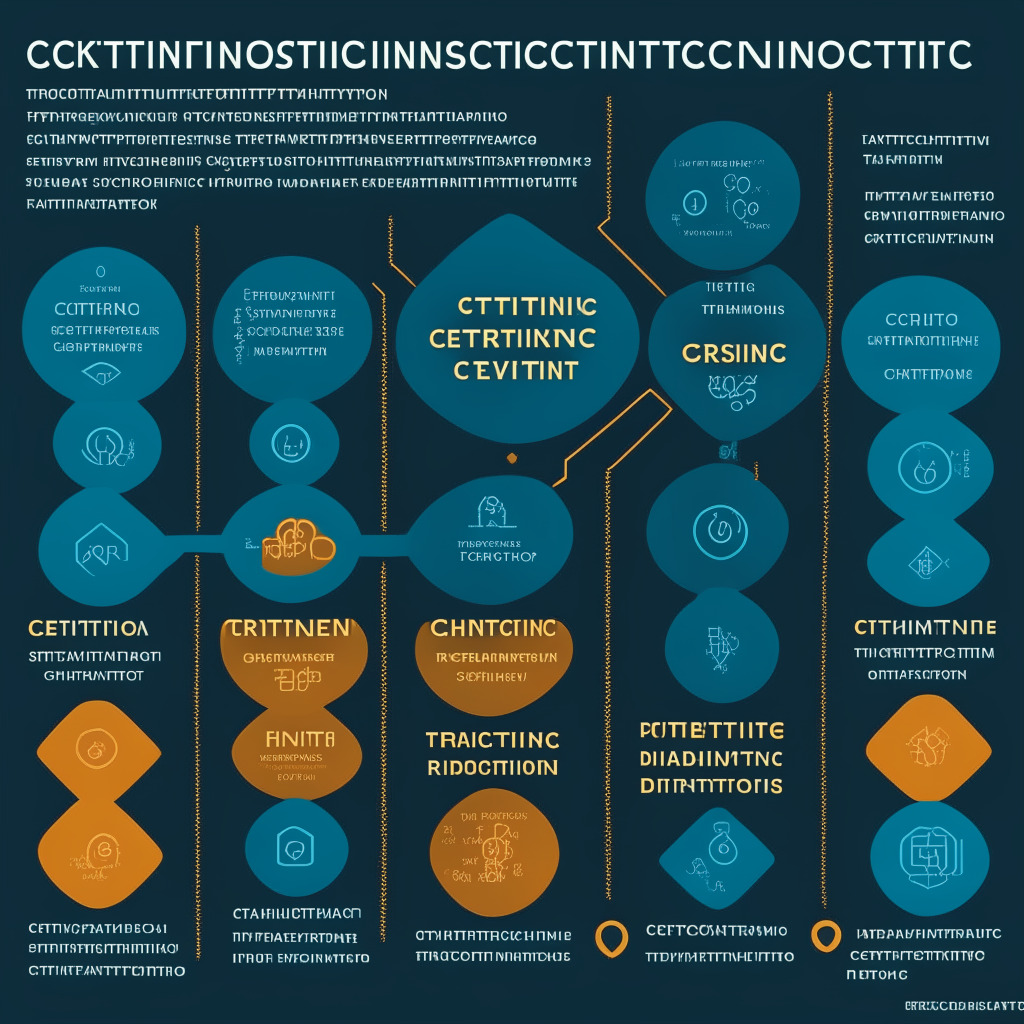Chinese tech behemoth Tencent has taken a bold stride in the AI space, introducing its “Hunyuan” artificial intelligence (AI) system. The system is a multimodal large language model (LLM), similar to OpenAI’s ChatGPT, and was unveiled at the Global Digital Ecosystem Summit in Shenzhen. The launch persists in the backdrop of a continuing US AI chip ban, which commands increased attention considering Tencent’s struggles with hardware sourcing due to government regulations.
In its bid to offer a comprehensive suite of AI tools, Tencent’s Hunyuan is designed to support a multitude of functions ranging from image creation, text recognition, copywriting to customer service. It aims to make significant contributions to sectors including finance, social media, public services, e-commerce, and transportation. Furthermore, the AI system has been integrated into Tencent’s array of applications and services, ensuring a seamless connection with entities like Tencent Cloud, Tencent Docs, and Tencent fintech services.
Yet, as intriguing as this AI system is, it falls under the shadow of increasing diplomatic tension between the U.S and China, a scenario ignited after the Biden administration imposed an export restriction on certain computer chips, which included those used to develop and train AI systems. Despite assurances from Tencent asserting its dedication to open collaboration within the ecosystem, one can’t help but question if these trade restrictions pose a potential roadblock.
The Hunyuan system might be considered a stepping stone for China’s entrance to the AI space. Despite not being the first LLM launched in the Chinese market, it could hold significance by possibly permeating the domestic market more successfully than Microsoft and OpenAI might with ChatGPT in the West. However, caution should be exercised in claiming its superiority solely based on parameters and token counts.
Strength can be found in its specialized training on a massive corpus of Chinese language text which could possibly give it an edge over models trained primarily on non-Chinese texts, particularly in operations within the Chinese language environment. Despite the skepticism surrounding the launch, Tencent’s ambition in the AI industry is undeniable through the release of the Hunyuan system, a development that holds potential in revolutionizing various industries.
Source: Cointelegraph




